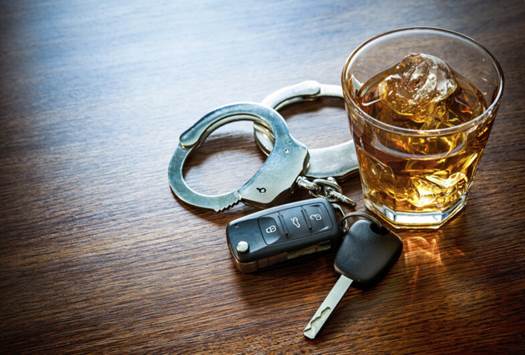DUI checkpoints are common law enforcement tools used to prevent drunk driving and ensure road safety. However, many drivers are unsure of their rights when approaching one. Understanding how DUI checkpoints work and how to respond can help you handle the situation confidently while protecting your legal rights.
Are DUI Checkpoints Legal?
Yes, DUI checkpoints are legal in most states, as long as law enforcement follows specific guidelines. The U.S. Supreme Court has ruled that they do not violate the Fourth Amendment, which protects against unreasonable searches and seizures. However, states have different rules regarding their implementation, and some states prohibit them altogether.
Your Rights at a DUI Checkpoint
- Right to Remain Silent – You are not required to answer incriminating questions such as, “Have you been drinking?” You can politely decline to answer.
- Right to Avoid a Checkpoint – If you can safely and legally turn around before reaching the checkpoint, you have the right to do so. However, sudden or illegal maneuvers may give the police reasonable suspicion to pull you over.
- Right to Refuse a Field Sobriety Test – You are not legally required to perform a field sobriety test. These tests are often subjective and can be used against you in court.
- Right to Refuse a Preliminary Breath Test (PBT) – In many states, you can refuse a handheld breathalyzer test before an official arrest. However, refusal after an arrest may lead to license suspension due to implied consent laws.
- Right to Request an Attorney – If you are arrested, you should immediately request legal representation before answering further questions.
How to Respond at a DUI Checkpoint
- Stay Calm and Polite – Arguing with an officer can escalate the situation. Be respectful and cooperative while asserting your rights.
- Have Your Documents Ready – Prepare your driver’s license, registration, and proof of insurance before reaching the officer to avoid unnecessary delays.
- Limit Your Words – Keep responses brief and do not volunteer extra information. You can politely decline to answer questions beyond providing your documents.
- Decline Unnecessary Searches – Officers cannot search your vehicle without probable cause or your consent. Politely refuse if asked.
- Follow Legal Procedures if Arrested – If arrested, remain silent and request a lawyer. Do not resist, as this can lead to additional charges.
Final Thoughts
DUI checkpoints are designed for public safety, but knowing your rights ensures you don’t inadvertently incriminate yourself. If you or someone you know has been arrested at a DUI checkpoint, seeking legal counsel is crucial to protecting your rights and building a strong defense.
Arrested at a DUI Checkpoint? Contact Manderscheid Law Firm, PLLC Today for a Free Consultation!
This post was written by a professional at The Manderscheid Law Firm, PLLC. The Manderscheid Law Firm, PLLC, is your trusted dui lawyer Largo fl. With a commitment to integrity, advocacy, and understanding, my firm stands out in its dedication to giving each client and their case the personal attention they deserve. Whether you’re facing charges for DUI in St Pete FL, drug offenses, theft, or any other criminal matter, you can trust our experienced team to fight for your rights and provide the best possible defense. At Manderscheid Law Firm, PLLC, we believe in a tailored approach, ensuring every client feels heard and supported throughout the legal process.





